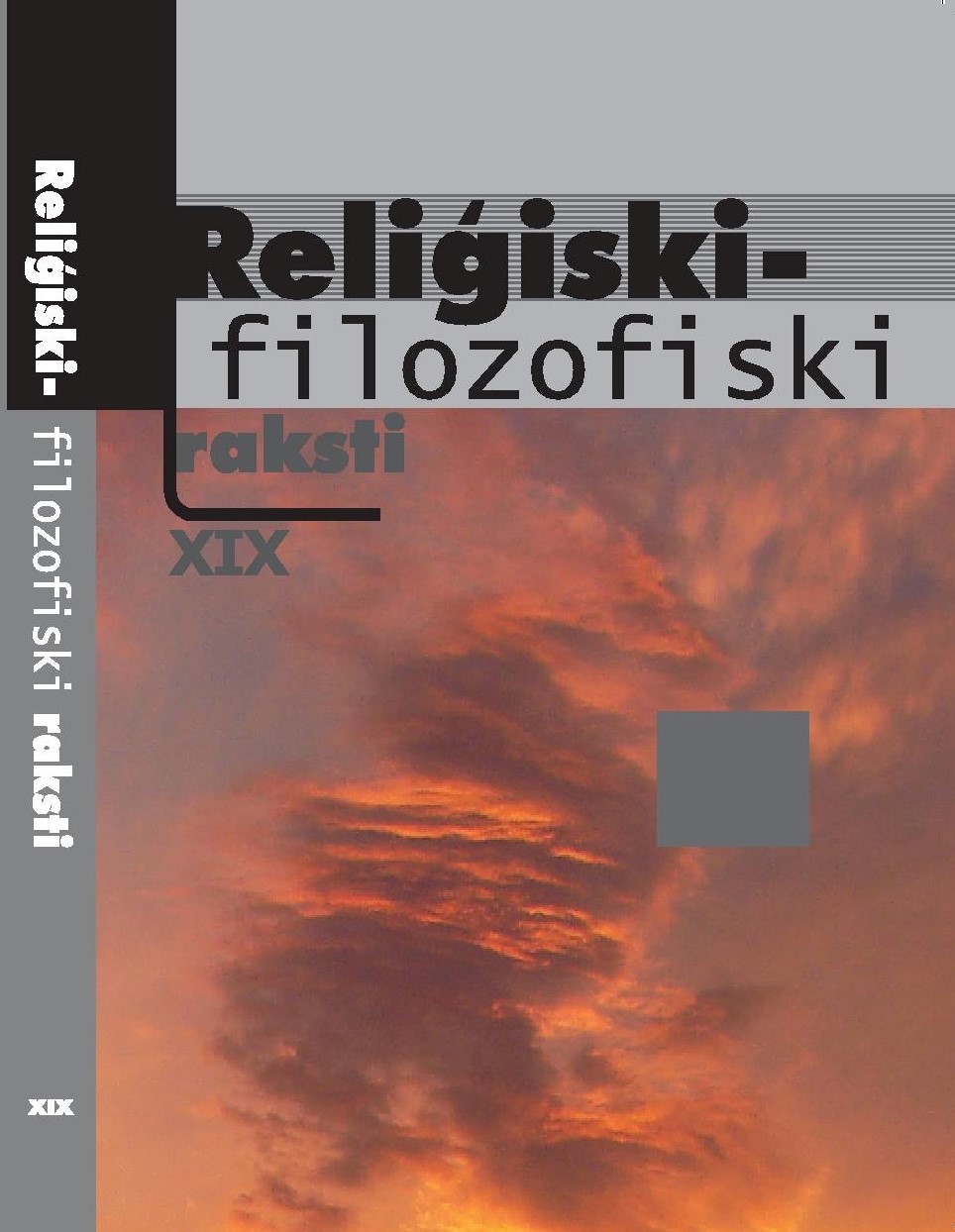Paris-Riga -Paris: the Impact of the Russian Emigration in the Activities of the Russian Orthodox Student Unity in Latvia (1927–1934)
Paris-Riga -Paris: the Impact of the Russian Emigration in the Activities of the Russian Orthodox Student Unity in Latvia (1927–1934)
Author(s): Svetlana Koval’chukSubject(s): History of Church(es), History of Communism
Published by: Latvijas Universitātes Filozofijas un socioloģijas institūts
Keywords: Church under Communism;
Summary/Abstract: Following the October 1917 coup d’ état in Russia, a flow of emigration of Russians (called “the flight”) ensued. It consisted of Russians and Russian citizens taking refuge from the “terrible days” of the revolution, from the ravages of the World War I, from the bloody experiences of the Civil war. This flight started some years before the forced expatriation of the intelligentsia in September-November 1922. This last action is often referred to in literature as “the philosophical ship” thus indicating in a symbolic way to the whole process of repressive measures against the intellectual elite of the country. This process was kept up in the following years as well. The newspapers of Riga continually published lists of names of Russian expatriates who had settled down in Latvia. Thus from the very start of the twenties Riga became a kind of a center of Russian emigration – the Moscow-Riga train kept bringing here people who had obtained legal means for leaving soviet Russia. For some of them it was a short stop on the way to Western Europe, where they hoped to find more comfortable way of living; others elected to stay in Riga. These people – formerly citizens of the Russian empire – found themselves in a position of partly voluntary and partly coercive separation from their native habitat. They came to the conclusion that the main task of the emigres is to defend Russia in the situation obtaining, and to keep guard of the Russian culture in the form of a missionary effort for the preservation of the spiritual values for the future benefit of the liberated Russia. … Of special interest within the present thematic framework are the activities of the spiritual leaders of the Russian Student’s Christian Movement (RSCM) in visiting Latvia from 1927 to 1934.
Journal: Religiski-filozofiski raksti
- Issue Year: XIX/2015
- Issue No: 2
- Page Range: 94-154
- Page Count: 61
- Language: English

